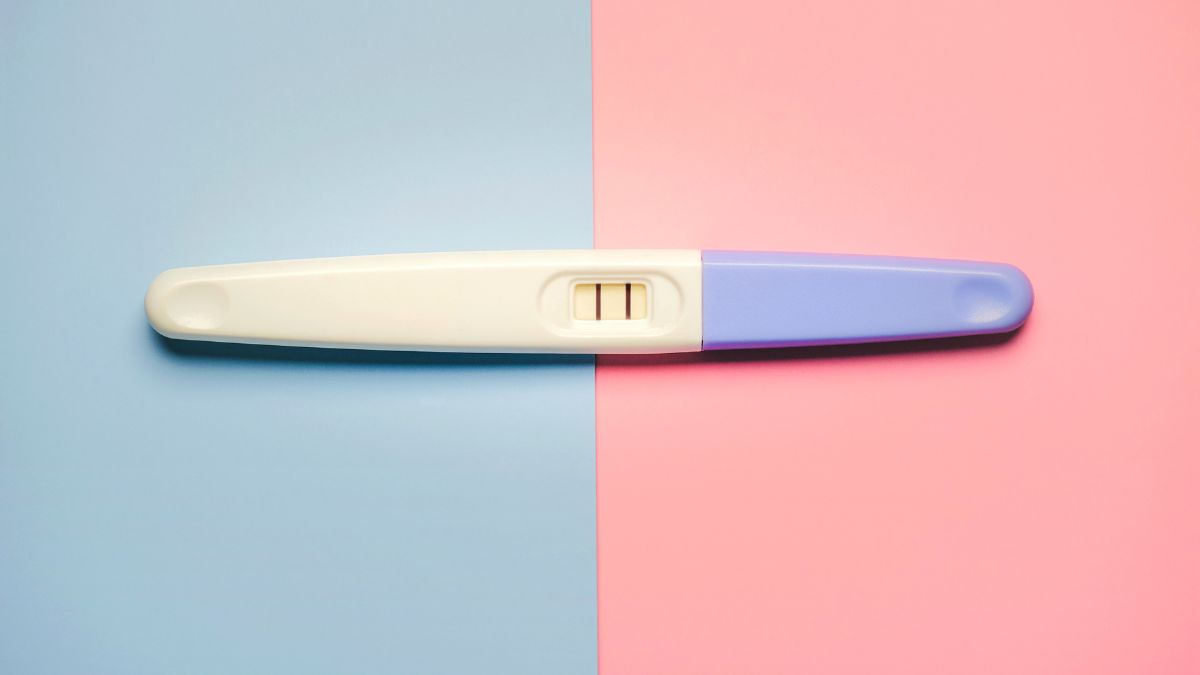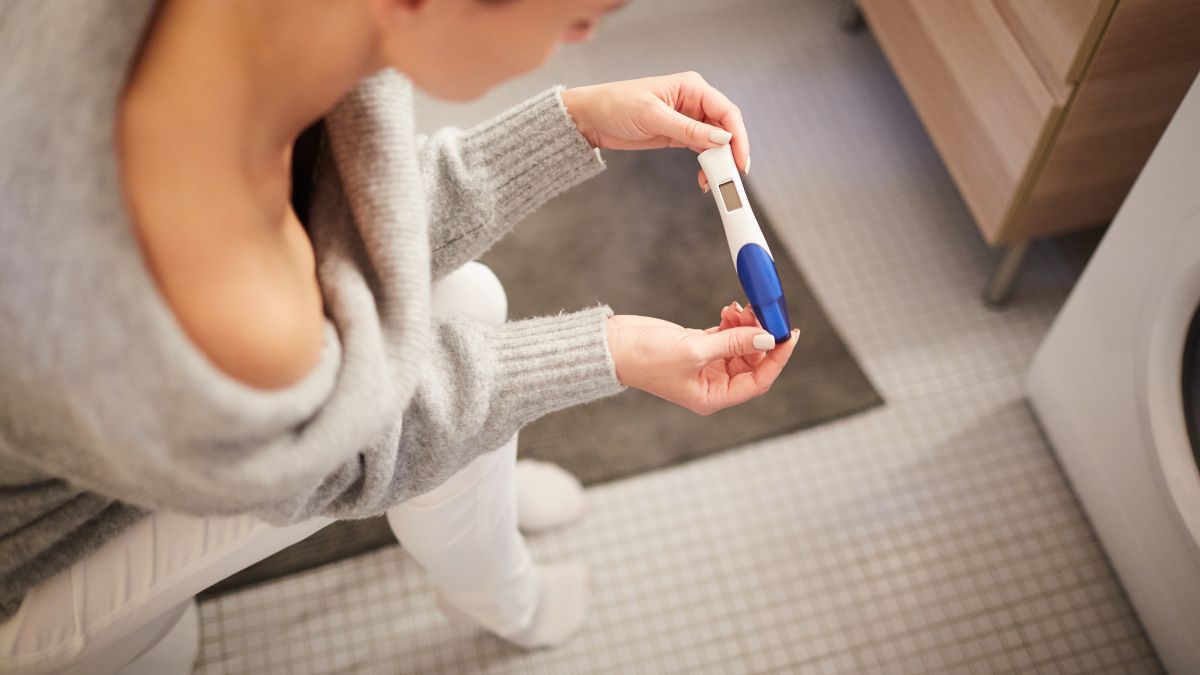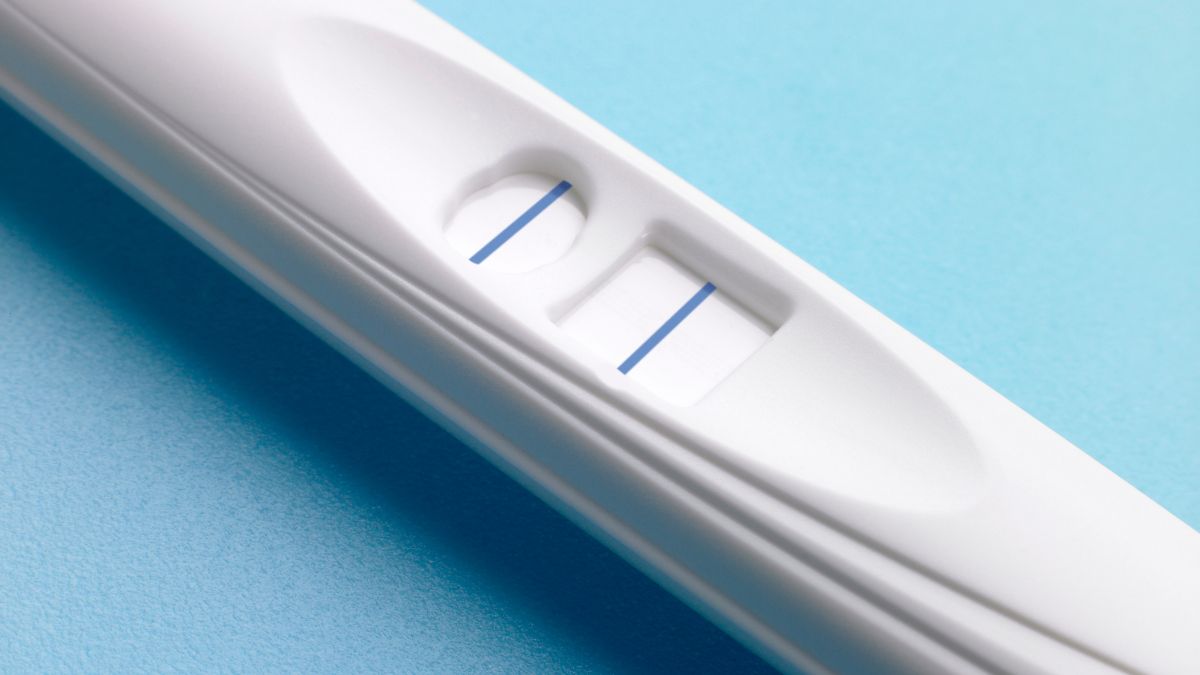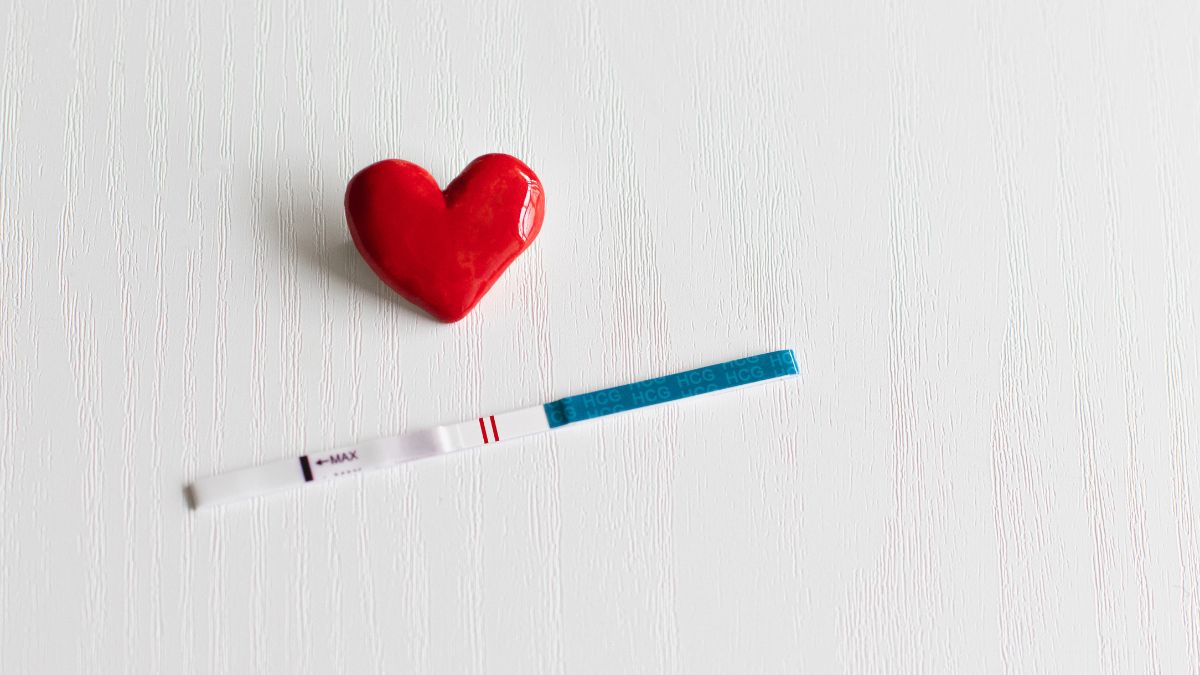Discover the impact of sperm on pregnancy tests and learn what to avoid before taking one. Uncover the crucial information to ensure accurate results. Can sperm affect a pregnancy test? Find out here with mucusplug.net!
Can sperm affect a pregnancy test?

No, sperm itself does not affect a pregnancy test. Pregnancy tests are designed to detect the presence of a hormone called human chorionic gonadotropin (hCG) in a woman’s urine or blood. This hormone is produced by the cells surrounding a developing embryo and is an early indicator of pregnancy.
Sperm, on the other hand, does not contain hCG, and its presence should not interfere with the accuracy of a pregnancy test. However, it’s essential to follow the instructions provided with the specific pregnancy test you are using to ensure accurate results. Factors such as timing, proper usage, and the sensitivity of the test can influence its reliability. If you have concerns about the results of a pregnancy test, it’s advisable to consult with a healthcare professional.
>Related post: Lancome products safe for pregnancy
When can I take a pregnancy test after sperm?

Determining the optimal time to take a pregnancy test following exposure to sperm involves understanding the physiological processes that occur post-conception. The human body typically does not produce sufficient amounts of human chorionic gonadotropin (hCG), the hormone detected by pregnancy tests, until approximately 10 to 14 days after fertilization.
Consequently, if the anticipation of a missed period is too overwhelming, it is recommended to exercise patience and wait for a duration of approximately two weeks after engaging in unprotected intercourse before undergoing a pregnancy test.
This timeframe allows for an adequate accumulation of hCG in the body, enhancing the accuracy of the test results and reducing the likelihood of a false negative outcome. By adhering to this suggested waiting period, individuals can make more informed decisions about their reproductive health.
What not to do before taking a pregnancy test?

Before taking a pregnancy test, it is crucial to approach the process with careful consideration and attention to detail. Start by thoroughly reading and understanding the instructions provided with the test kit. This step is essential to ensure accurate results, as different tests may have specific guidelines that need to be followed.
Additionally, it is advisable to wait until you have missed your period before taking the test. This timing increases the reliability of the results, as pregnancy hormones may not be present in detectable levels immediately after conception. When collecting the urine sample for the test, it is recommended to use your first morning urine or ensure that your bladder is full.
This means you shouldn’t drink excessive amounts of water right before the test, as diluting your urine could potentially impact the accuracy of the results. Therefore, it is important to be mindful of your fluid intake to obtain the most reliable outcome from the pregnancy test.
>Related post: What does an invalid pregnancy test mean?
Are there any medications that can change the result of my pregnancy test?

In general, the influence of medications on pregnancy test results is limited. Common medications such as antibiotics, pain relievers, and alcohol typically do not affect the outcome of a pregnancy test. The reliability of the test remains largely unaffected by the presence of these substances in your system.
Nevertheless, it’s important to note that fertility drugs present a unique scenario. Unlike other medications, fertility drugs have been known to occasionally yield false-positive results on pregnancy tests. If you are undergoing fertility treatments and have concerns about the accuracy of your pregnancy test, it is advisable to promptly consult your healthcare provider.
Seeking professional guidance will ensure that you receive accurate information about your reproductive status and can make informed decisions regarding your fertility journey. It’s crucial to maintain open communication with your healthcare team to address any uncertainties and to receive the necessary support and guidance throughout the process.
How common are false results on pregnancy tests?

The occurrence of false results on pregnancy tests is a topic of considerable importance and understanding, particularly as it pertains to the reliability of these tests. False results can manifest in two forms: false negatives or false positives, and their prevalence is primarily linked to the manner in which the test is conducted.
A false-negative result is frequently attributed to testing too early in the pregnancy process. The sensitivity of pregnancy tests varies, and testing before sufficient levels of the pregnancy hormone hCG (human chorionic gonadotropin) have accumulated in the body can lead to an inaccurate negative result.
Additionally, improper usage of home pregnancy tests can contribute to false negatives, such as using an inadequate amount of urine or, conversely, an excessive amount. Ensuring adherence to the specific instructions provided with the test kit is paramount to obtaining a reliable and accurate result.
These directions offer guidance on the appropriate amount of urine to use, the duration for which the test should be conducted, and other essential steps crucial for achieving precision in the test outcome. In summary, while false results on pregnancy tests are not uncommon, understanding the factors that contribute to them and diligently following the instructions can significantly enhance the accuracy of the test results.
>Related post: Belly painting during pregnancy: Is it safe? Best belly painting ideas?
Can sperm affect a pregnancy test? Understanding the factors that can influence pregnancy test results is vital. By avoiding certain actions, such as allowing sperm exposure, you can enhance the accuracy of your test and obtain reliable information about your pregnancy status.

